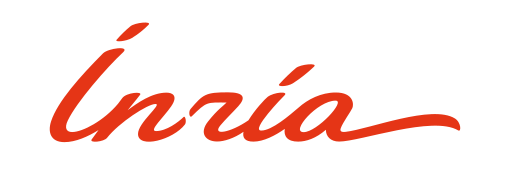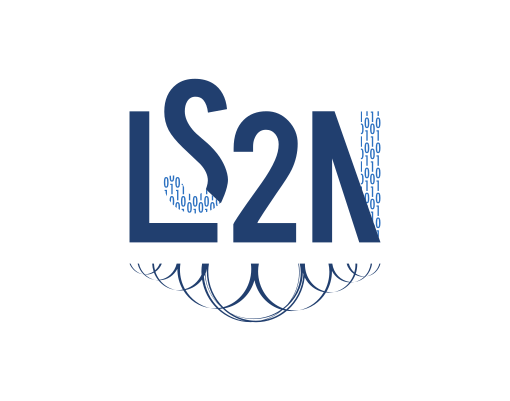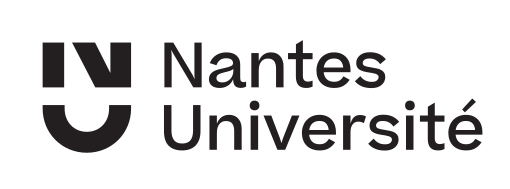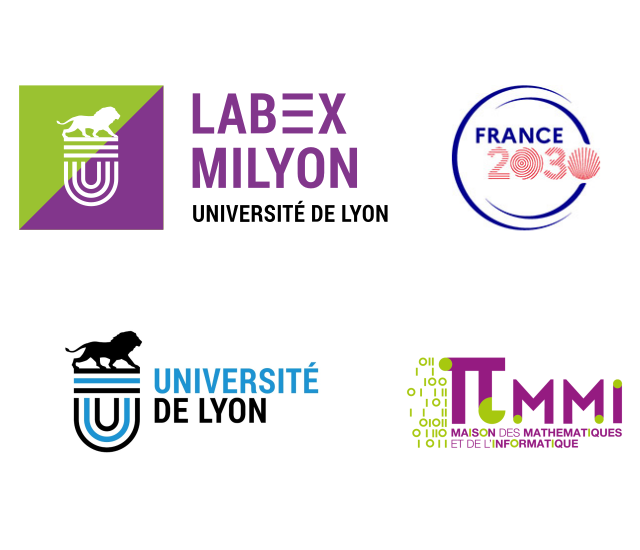|
News
Undone Computer Science conference We are pleased to welcome you to the Undone Computer Science conference, organised by researchers from Université de Nantes, Inria, and LORIA Université de Lorraine. The goal of our conference is to provide an opportunity to pause and reflect on the epistemological and ethical aspects of computer science. We propose as a theme the concept of undone science [1,2]: the intriguing yet vital notion that areas of research may remain incomplete, overlooked, or unfunded despite being found worthy of exploration by some—and the exploration into the causes of these situations. Any discussion of systematic lack of production or dissemination of knowledge is welcome, whether in a specific area or in computer science in general, whether past or present; whether due to limitations of available methodologies, blind spots of dominant paradigms, institutional and industrial biases, lack of social representation, or other factors. Why an international conference on Undone Science in Computer ScienceUndone science offers a broad and open-ended line of inquiry capable of inspiring fascinating talks—yet sufficiently focused to bring together, around a common topic, computer scientists from across the field, but also philosophers of science, social scientists, etc., interested in discussing the ethical and epistemological dimensions of our field. We propose an informal conference with post-proceedings: a call for full papers will follow after the conference. We invite submissions of short abstracts (1 to 2 pages), noting that unfinished or exploratory contributions, that would benefit from discussions at the conference, are welcome. The presentations are expected to be in person but we will work to make remote presentations possible. See our call for presentations for further details. Topics welcomedUndone science encompasses many social aspects of research. Dominant paradigms, through “theoretical commitment” [1], influence within a domain what is deemed worthy or not of exploration. Yet accounts of paradigm shifts in our young science remain rare. Undone science also naturally encompasses the influence of institutional and corporate biases, having in mind the society-impacting case studies that motivated the concept of undone science in the first place in the context of health and the environment [1,2]. Within computer science, critical voices have recently highlighted the corporate influence with regard to AI ethics [3]. New requirements and review criteria, meant to improve research by acting on what is funded and accepted, are sometimes discussed within particular domains (as for instance here regarding ethics in AI research [4] and NLP research about noncentral languages [5]). Another example of institutional influence are the publishing practices of a field, which can have an impact on the choice of research questions and the way research is executed. The bias can also be technical or methodological, such as when the availability of certain software or hardware at the right time determines which research idea wins [6], or when the haste towards automation in algorithm design loses valuable insights compared to alternative paths where people are involved in data exploration [7]. Interdisciplinary approaches can naturally suggest examples of undone science—for instance, when a point of view borrowed from another discipline changes how we perceive an object of study. As computers become more and more prominent in people's lives, studying interactions with, and impact on people is a central topic. How can ethical questioning—regarding social, economic, and environmental consequences—be integrated into our work? As the ACM recently updated its Code of Ethics to more broadly encompass the concerns of our profession, can such codes be leveraged to present some questions as worthy or not of exploration? Undone science also recognises, notably, the role of social movements and civil society in identifying new questions or questions not immediately deemed worthy of interest [1]—for computer science, one can think of the free software movement, the civil liberties organisations, and probably more. An admissible topic for discussion at our conference could be the analysis of an “elephant in the room” of your domain: a question which is never discussed in papers for various reasons—but perhaps occasionally and informally between sessions at conferences—yet that could be vital for the domain. Undone science must be contrasted with open questions that are well-recognised within a community, but that are believed to simply require a technical tour de force. We would like to welcome talks that inspire reflections about ethical or epistemological dimensions of computer science, whether the talk delves into these aspects or a problem is simply outlined based on an examination of actual practice. Researchers who are not specialists of ethics and epistemology, but who have encountered topics in their research that inspire such reflections, are encouraged to submit. Post-Proceedings VolumeWe intend to follow up the conference with a call for full papers to be published in a journal (TBD). It will not be necessary to submit a full paper to present at the conference; nor will it be necessary to present at the conference to answer the call for full papers. Registration & attending
Nantes The Conference takes place in Nantes, France, historic city and port on the Loire river. Below: Buren's rings on the quay of the Antilles; The statue of Captain Nemo. Venue and access.
References [1] Frickel, S., Gibbon, S., Howard, J., Kempner, J., Ottinger, G., & Hess, D. J. (2010). Undone Science: Charting Social Movement and Civil Society Challenges to Research Agenda Setting. Science, Technology, & Human Values, 35(4), 444–473. doi:10.1177/0162243909345836. https://pubmed.ncbi.nlm.nih.gov/32099268/ [2] D. J. Hess (2016). Undone Science: Social Movements, Mobilized Publics, and Industrial Transitions. MIT Press. ISBN 9780262529495. [3] According to Green, tech ethics increasingly tends to be “subsumed into corporate logics and incentives”. According to Abdalla and Abdalla, actions of “Big Tech” to influence academic and public discourse are reminiscent of the tactics of Big Tobacco:
[4] C.E.A. Prunkl, C. Ashurst, M. Anderljung et al. Institutionalizing ethics in AI through broader impact requirements. Nat. Mach. Intell. 3, 104–110 (2021). https://doi.org/10.1038/s42256-021-00298-y [5] Oliver Streiter, Kevin P. Scannell, and Mathias Stuflesser. 2006. Implementing NLP projects for noncentral languages: instructions for funding bodies, strategies for developers. Machine Translation 20, 4 (December 2006), 267–289. https://doi.org/10.1007/s10590-007-9026-x [6] Sara Hooker. 2021. The hardware lottery. Commun. ACM 64, 12 (December 2021), 58–65. https://doi.org/10.1145/3467017 [7] Dawn Nafus. 2018. “Exploration or Algorithm? The Undone Science Before the Algorithms.” Cultural Anthropology 33, no. 3: 368–374. https://doi.org/10.14506/ca33.3.03 |
Important Dates
Programme Committee Ihsen Alouani (Queen's University Belfast) Organisation Committee Guillaume Munch-Maccagnoni Coordination w/ Milyon Labex Panel organisers Contact us E-mail: undonecs@sciencesconf.org Institutions     |




